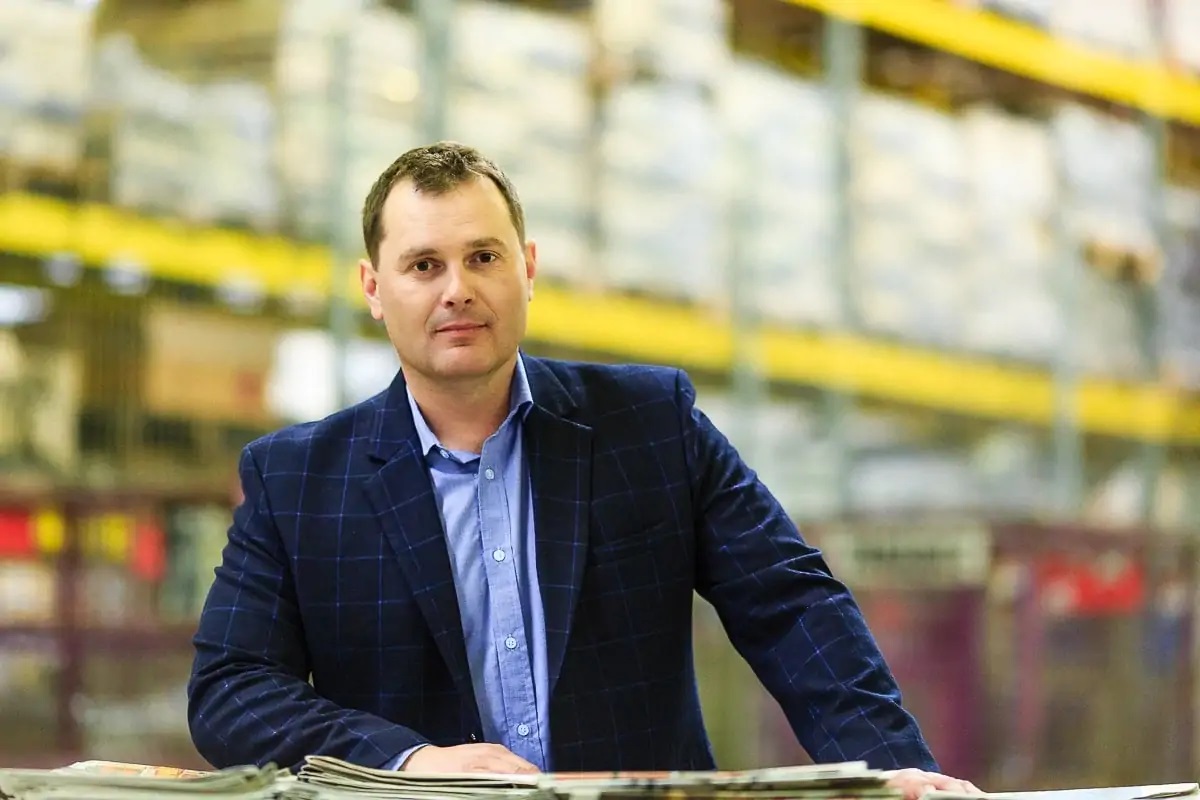In response to concerns expressed by its members, the trade association that represents UK freight forwarding and logistics companies has been monitoring conditions in the global container market for some time, liaising with international organisations in order to compare market conditions around the world.
BIFA has now prepared a report for all of its members, to help them highlight and explain to their clients how the present difficult position has arisen; the impact the current issues are having on the container market and wider economy; why it is so difficult to ameliorate the situation in both the short and longer term; as well as the potential for the immediate future.
In regards to rates, the report warns members to expect more surcharges to be imposed by the lines, in part to cover higher charter rates, as well as additional port fees, quay rent and demurrage.
Commenting on that, Robert Keen, BIFA Director General says: “BIFA has been challenging the legitimacy of arbitrary surcharges on behalf of our members – and their customers – for many years. There is a suspicion that the container shippping lines and others are cashing in on a crisis in global container shipping, created in no small part by their own actions.
“Over the last few years, we have seen surcharges for fuel, equipment imbalances, the peak season and currency fluctuations. Just this week a global port authority has announced an energy transition fee of £5 per laden import container! The number of surcharges and fees continues to grow – often with no real explanation or justification.”
In regards to capacity, BIFA predicts little prospect of additional allocations; and expects the shortage of landside transport will remain, whilst carriers will not accommodate low yield freight.
BIFA adds that there is likely to by ongoing short tern changes to schedules and routings; accompanied by service speed reductions and blank sailings.
Keen concludes: “The fundamentals that underpin demand and supply within the container shipping market show no signs of significant changes, which leads us to conclude that there is little chance of there being any improvement in the current situation for many months, or possibly even years.
“That is why we felt it necessary to provide our members with a report that helps them explain the ongoing issues that the freight forwarding industry faces, to a very disgruntled client set.”
CLICK HERE TO READ THE FULL REPORT






